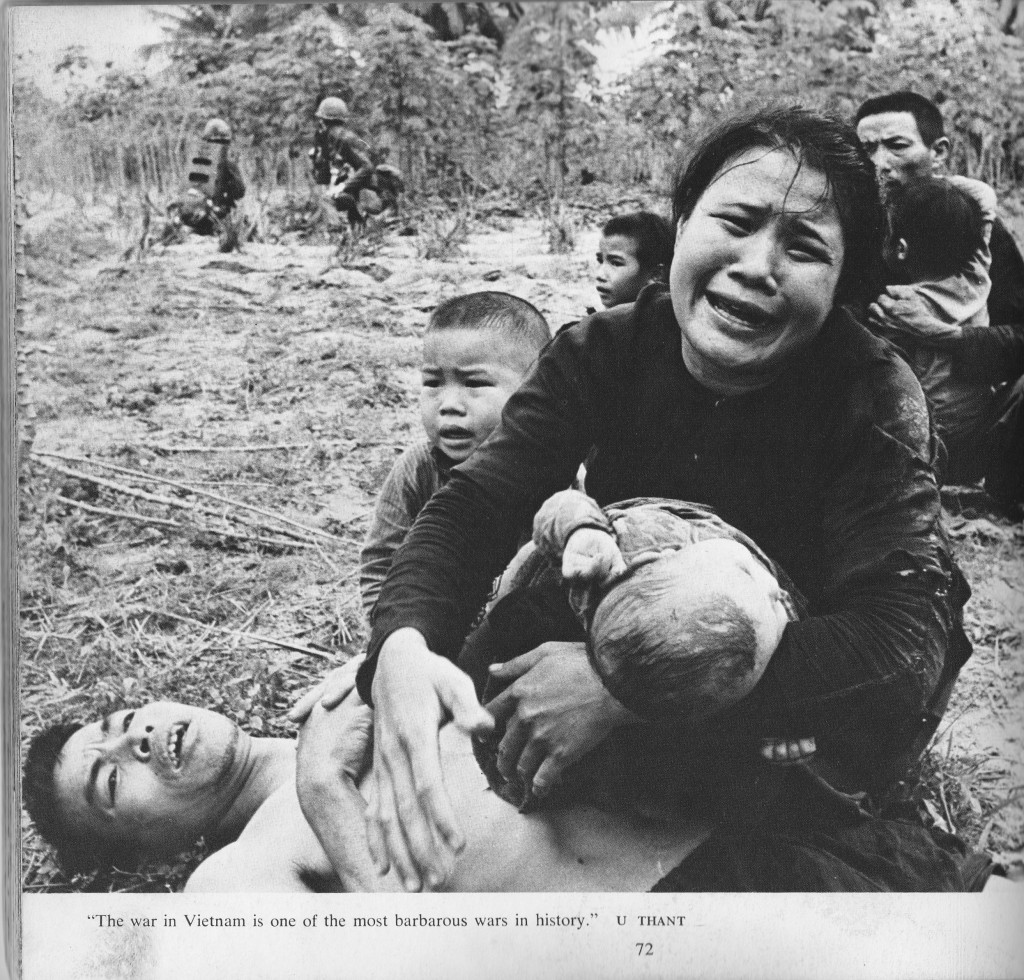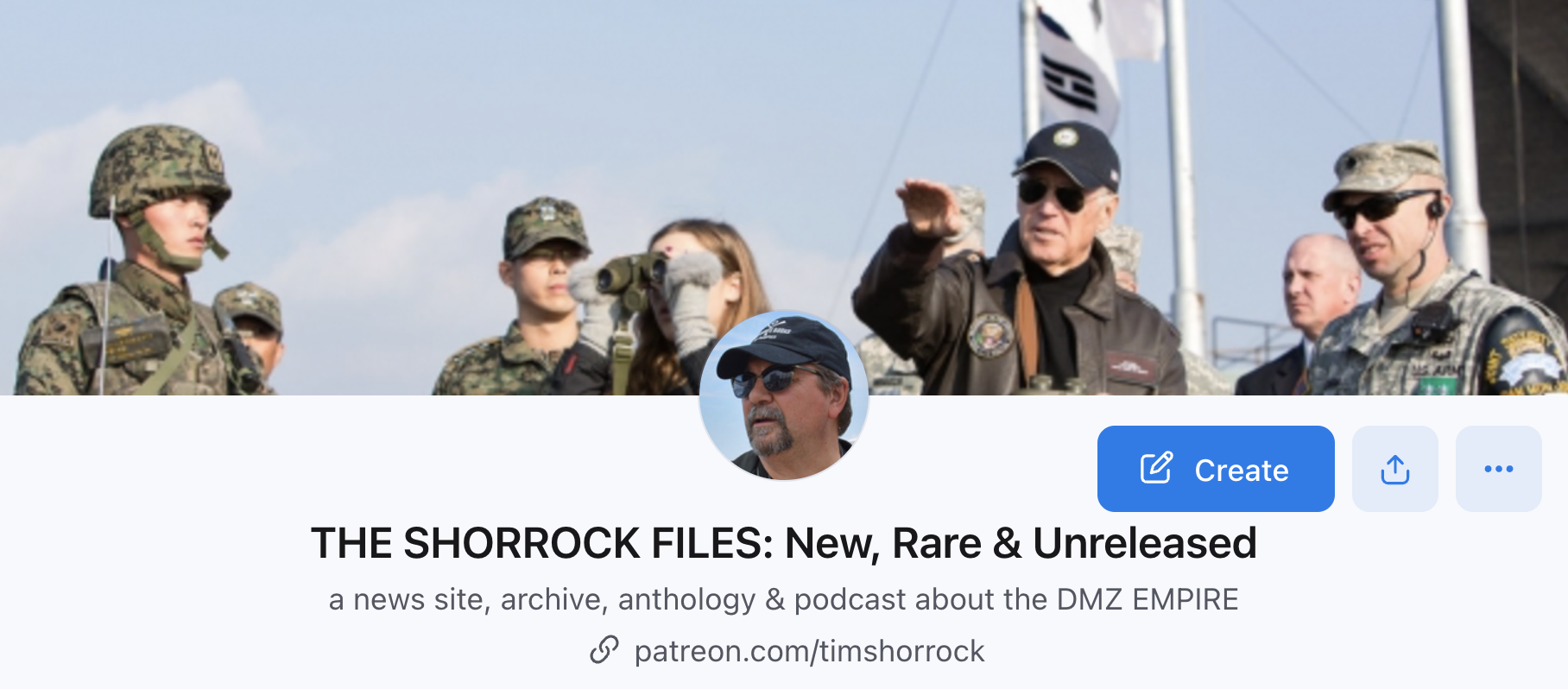…With a coda on the Pentagon Papers, 1971
Last Sunday, angry and fed up at the media’s relentless attacks on WikiLeaks and its general refusal to report the details of the thousands of once-secret battlefield reports from Iraq leaked over the weekend, I cut loose with my usual form of protest these days: a 140-character post on Twitter – shown above. Less than a minute later, the excellent Salon writer and political analyst Glenn Greenwald retweeted my post, with a one-word introduction: “Exactly.”
Within hours, Greenwald had expanded my brief message into an intricate and extremely pointed discussion in Salon on the attacks on WikiLeaks from the likes of CNN, the New York Times and other outlets. For the next 48 hours, the web was filled with discussion about the point I and Greenwald had made – that when Daniel Ellsberg leaked the Pentagon Papers in 1971, exposing to the world the lies and mendacity that led to the war in Vietnam, President Nixon and his henchmen (known as “the plumbers”) sought to destroy Ellsberg’s reputation by character assassination, breaking into his psychiatrist’s office, and generally trashing him for “aiding the enemy,” as Nixon once said; but nearly 40 years later, with the release through WikiLeaks of thousands of classified cables from the war in Iraq, it was the media – such as the Times – doing the dirty work that was earlier done by government.
Then, suddenly, a tweet appeared on my screen from Ellsberg himself, repeating my initial statement that set off the discussion. I was pleased, immensely; Ellsberg has always been one of my heroes, and much of my work over the past 30 years – particularly discovering and releasing the once-classified documents revealing the Carter administration’s background role in the 1980 military coup in South Korea, sprang from the same desire to tell the American people the truth about our disastrous foreign policy mistakes during the Cold War. Thanks, Mr. Ellsberg, for what remains the most important leak in American history (really, of all time); and to Glenn Greenwald for detailing in an essay what I had tried to say in 140 characters.
Coda/1971: I’ll never forget sitting in my father’s house in Santa Barbara, California, the night in 1971 that the Pentagon Papers were released. My dad had been a fierce opponent of the war in Vietnam ever since traveling to South Vietnam in 1961 for the World Council of Churches, where he witnessed the impact of what was already a massive military intervention in the country (specifically, he was asked by the WCC by evaluate a request from a South Vietnamese church for aid; but he quickly discovered that the real recipient was an American church that was helping the U.S. military forcibly “resettle” Vietnamese peasants in camps. Not wanting the WCC to be involved in the counter-insurgency, he and the council wisely rejected the request).
 Later, in 1963 I traveled with my family to Saigon and learned for myself that we were involved in a terrible and illegal war that was destroying the country. As the war and US involvement deepened, both my father and I became activists – he as a minister and professor, me as a student and hippie.
Later, in 1963 I traveled with my family to Saigon and learned for myself that we were involved in a terrible and illegal war that was destroying the country. As the war and US involvement deepened, both my father and I became activists – he as a minister and professor, me as a student and hippie.
As we watched the news of the Pentagon Papers that night in 1971 and began to digest their meaning, we both felt elation – both at the fact that a Pentagon official had seen enough of the war to leak the secrets behind its origins, and at the impact the revelations would have on the conduct of the war. “This is going to be the end of Nixon,” my dad said. I wasn’t convinced, although I still hoped that the truth would help bring the war to an end. But my father turned out to be right; Nixon, in his zeal to punish Ellsberg and destroy the antiwar movement, created a lawless monster that eventually led to Watergate, his impeachment, and his expulsion from the White House in 1974. And finally in 1975, four years after the Papers came out, the war ended, and U.S. troops finally came home. Ellsberg deserves enormous credit for that, and will always remain a hero for his courage and moral witness. We need that kind of courage now more than ever.
Note: The photograph above appeared on the book VIETNAM! VIETNAM! by the great British journalist Felix Greene, published in 1966 by Fulton Publishing Company, Palo Alto, CA. It had a tremendous impact on me – not unlike the photos of Iraq published over the weekend from WikiLeaks. Back in the 1960s, there was no such thing as an Internet, and photographs from faraway Vietnam only appeared in books and magazines.


[…] This post was mentioned on Twitter by Tim Shorrock, Áine MacDermot. Áine MacDermot said: My proudest re-Tweet: A nod from @DanielEllsberg… | http://t.co/k7PXADn http://t.co/czbE6ta | 🙂 … and Ellsburg is following me. […]